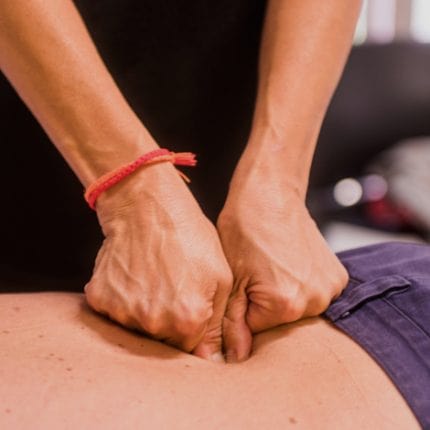Physiotherapy NDIS can help people with disabilities or impairments live a healthier and happier existence by treating a variety of ailments. Their fully qualified NDIS physiotherapist can offer high-quality therapy and assistance that complies with the Australian government's strict safety and quality regulations.

The NDIS physiotherapy service in Melbourne can provide you can accredit physiotherapy that is customised to your unique requirements and goals, whether you need it for chronic pain alleviation or injury rehabilitation.
What Are Physiotherapy's Main Objectives for NDIS Attendees?
For sports physio in Melbourne, the main goals of physiotherapy are to maximise physical function, reduce discomfort, and improve overall quality of life. Physiotherapists collaborate closely with patients to create individualised therapy programmes that are based on their objectives.
NDIS physiotherapy providers customised programmes that enable people to take control of their lifestyle and well-being. Participants gain knowledge about their illness and create plans to control their symptoms and avoid worsening it in the future.
To optimise the person's talents and freedom, these plans may include manual treatment, exercise, schooling, and other modalities. In addition to enhancing one's physical ability, this also promotes resilience and self-efficacy.
Immediate Relief From Pain to Avoid Damage
Depending on the kind of injury, a sports injury physiotherapist can alleviate pain and offer instant relief. This might involve using hot or cold groups, taping certain body parts, giving hands-on therapy, or using dry needling to reduce or release muscle tension. Because they are skilled in their field, sports physiotherapists can identify and treat the cause of discomfort.
They can evaluate the range of motion and pinpoint any weak points or small inflammatory spots that could have caused harm. They may help develop strength compatible with the sports being played, which can help avoid injuries altogether, which is something that all athletes want to avoid.